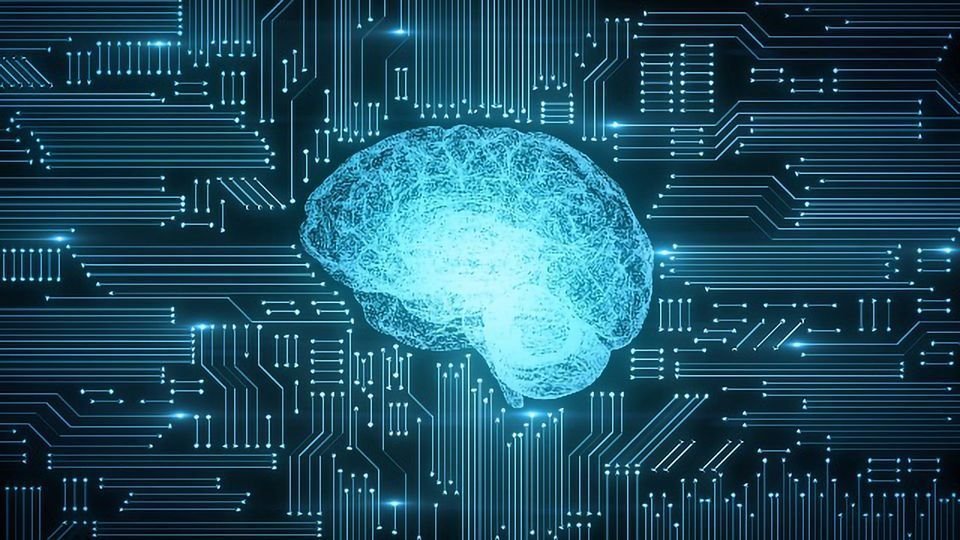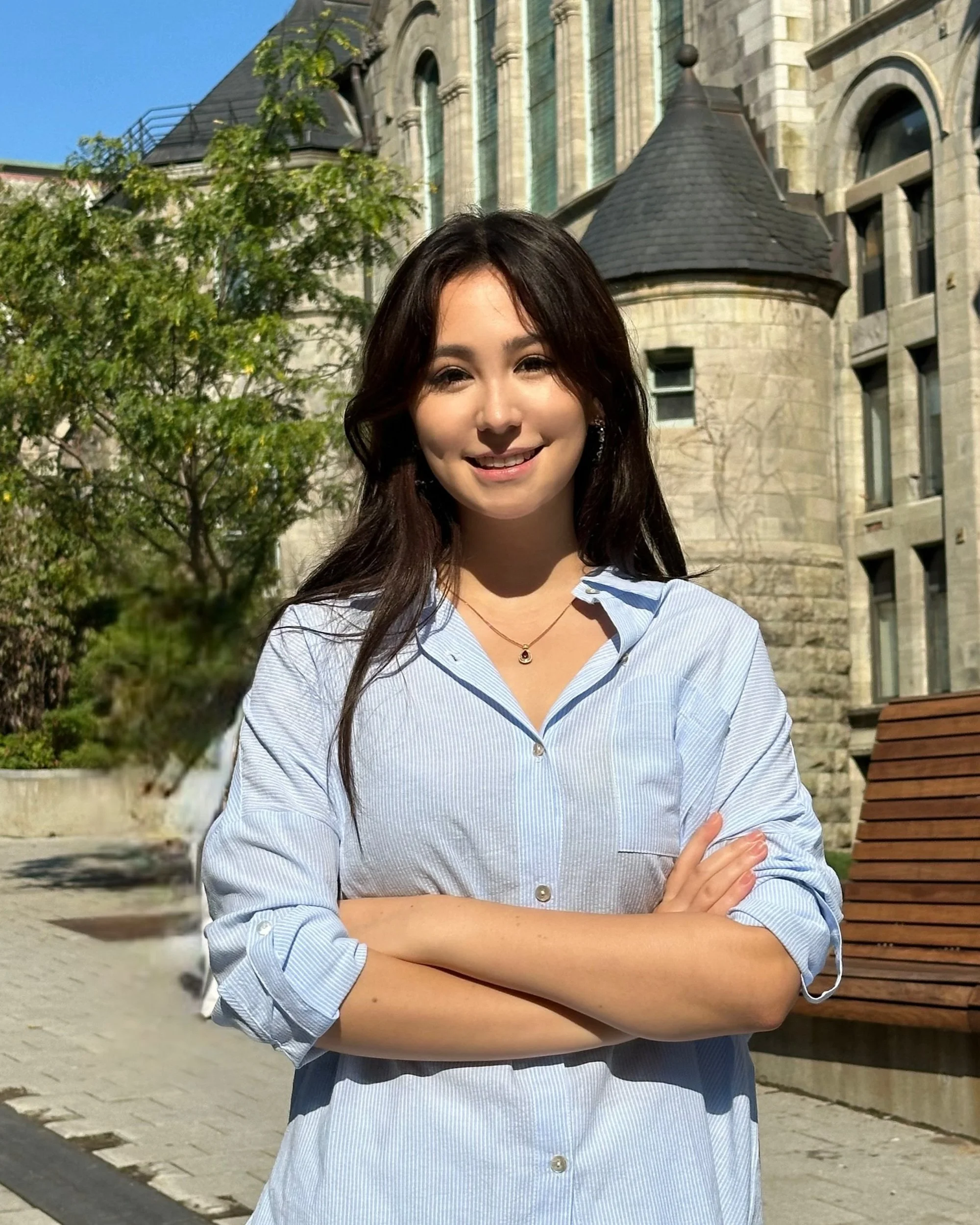Artificial Intelligence (AI) Action Summit/Sommet Pour L’Action sur l’Intelligence Artificielle, Paris, France (2025).
French Bilingual Committee
In a world increasingly shaped by Artificial Intelligence (AI), this committee will confront the promises and perils of one of the most transformative technologies of our time. As AI systems grow in complexity and capability, they are no longer confined to productivity gains and software automation—they are now redefining the delivery of public services, accelerating drug discovery, enhancing diagnostics in healthcare, improving urban safety, and opening new frontiers in scientific innovation. Delegates will be tasked with envisioning how governments and international institutions can responsibly harness these advancements for the public good. At the same time, the rise of so-called “frontier AI” brings with it profound concerns: the potential misuse of powerful models, their opacity, and their capacity to act well beyond the control of national jurisdictions. As these technologies evolve faster than policy frameworks, delegates must address pressing governance questions, ranging from transnational regulation and ethical standards to risk mitigation and transparency.
Beyond military applications, AI is becoming a key lever of economic, political, and social transformation. Economically, it is redrawing global supply chains, concentrating power in data-rich nations, and threatening to widen inequality through automation. Politically, AI shapes governance and power projection—enabling authoritarian surveillance, fueling disinformation, and challenging democratic institutions. Socially, its integration into daily life raises urgent concerns about bias, privacy, and the erosion of human agency. As AI redefines the architecture of global influence, the committee will assess not only its strategic utility but also its broader implications for stability, equity, and democratic resilience.
Delegates will be challenged to think critically about whether this increasing ease of technological warfare lowers the threshold for armed conflict, and how international cooperation might be structured to prevent escalation. Additionally, the committee will consider the global inequality embedded in AI development. While certain nations lead the charge, others risk being left behind. This raises the imperative for AI democratization—ensuring that a handful of actors does not monopolize access to knowledge, infrastructure, and development tools. Delegates will debate strategies to empower underrepresented regions, particularly in the Global South, through investment in digital infrastructure, education reform (including AI and computer science in national curricula), and fair participation in global governance forums. As you enter this committee, you will not only negotiate treaties or share national positions—you will be shaping the ethical and geopolitical contours of a future already unfolding before us. The challenge is immense, but so is the opportunity.
Please note that this is a French bilingual committee.




